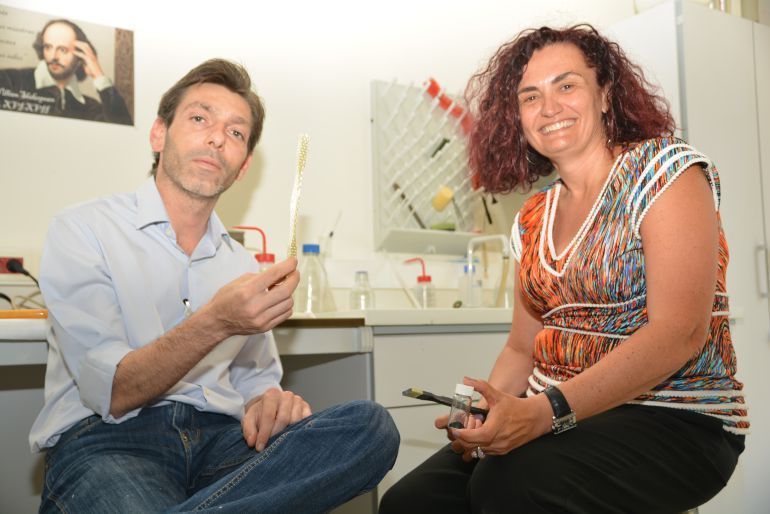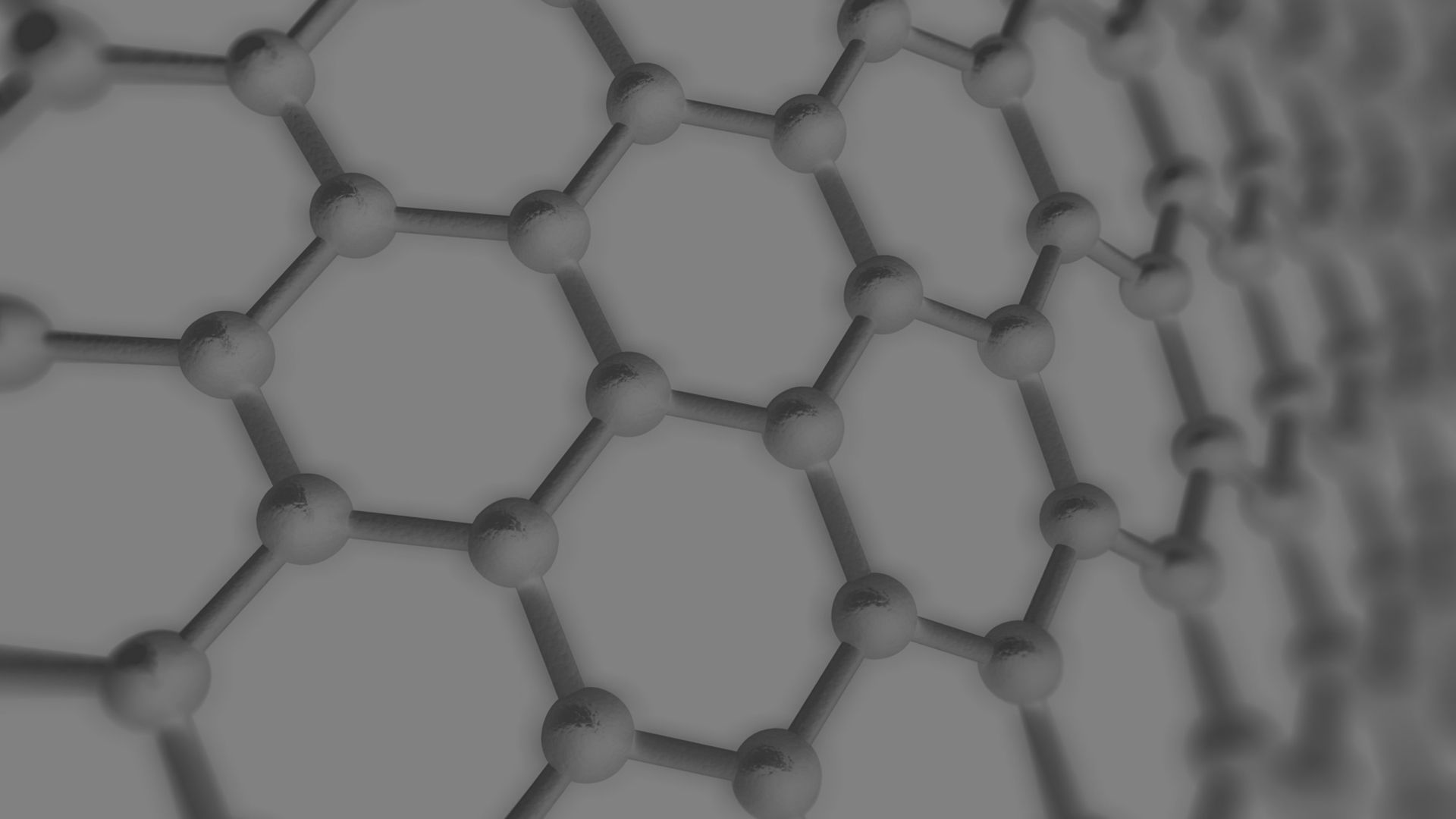
18 Jul Development of a material with graphene to build stronger boats
The project, by the UPCT engineer Israel Gago, develops new artificially improved materials for building stronger ships, aircraft and defence equipment.
To obtain new, lighter and stronger materials, the end of graduation project by the Polytechnic University of Cartagena (UPCT) student Israel Gago has developed diverse nano compounds doped with graphene and nano ceramics with properties that are especially ideal for building ships, aircraft and defence equipment.
The work undertaken by the student in the Naval Engineering School of the Polytechnic and supervised by the Research Vice-rector Beatriz Miguel, has, with traction, bending and impact resistance tests in the UPCT Materials Engineering and Manufacturing Department, shown that these nano compound materials have mechanical properties that are notably superior to those of the currently available “composites” of polyester reinforced with glass fibre (GRP).
“The addition of small amounts of graphene notably improves the mechanical properties of various polymers, allowing the development of platforms for the naval, aerospace and defence sectors that are stronger, lighter, quicker, more economical and anti-corrosive,” explained Gago.
“We have developed a procedure for manufacturing sheets for preparing composite materials doped with a small percentage of graphene and ceramic nano particles for building new, lighter naval platforms with greater resistance to fire, explosions, CBRN (Chemical, Biological, Radiological, and Nuclear) threats and ballistic impacts”, he stated.
Gago is undertaking other research work with graphene, testing it as a material for developing a new generation of bullet-proof waistcoats and taking part in patents for stronger, more elastic super plastics that are immune to sea corrosion. Both lines of work are of great interest to the European Commission.
Source: Radio SER Murcia


